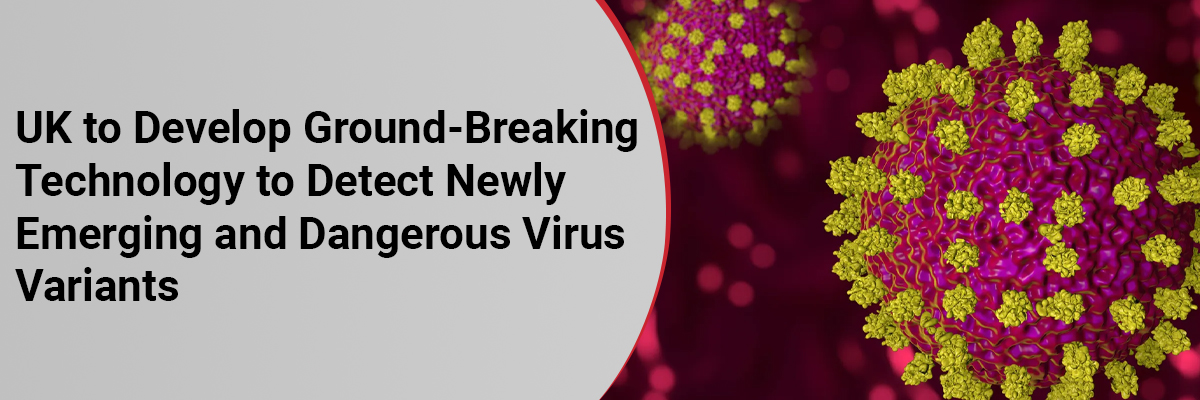
 IJCP Editorial Team
IJCP Editorial Team
UK To Develop Ground-Breaking Technology To Detect Newly Emerging And Dangerous Virus Variants
Researchers in the United Kingdom are creating a revolutionary genetic early warning system to detect new variants of viruses that could cause future pandemics. This technology is designed to track genetic alterations in respiratory viruses as they spread across the globe.
A team of researchers at the Welcome Sanger Institute in Cambridge shire, UK, has developed an innovatory technology to monitor genetic changes in respiratory viruses, enabling rapid and widespread testing of emerging pathogens. The viruses under scrutiny include the influenza virus, RSV, coronaviruses, and other unknown microbial strains.
The project titled “Respiratory Virus and Microbiome Initiative” aims to study all species present in a single nose swab sample and use DNA sequencing to identify viruses, bacteria, and fungi in patients. Ewan Harrison, who is leading the project at the Sanger Institute, stated, “This technology is designed to be affordable and easy to use, which will transform the global healthcare system. It marks a major step forward in our ability to detect and combat global epidemics.”
The Sanger Institute is currently working with the UK Health Security Agency, British academics, and other public health organizations on the project to create methods that will allow them to sequence any virus variant presents in a single sample from a patient.
This technology, which utilizes genomic data, was inspired by a specific virus variant with a high rate of transmission discovered by Professor Sillitoe and his team. Earlier researchers had used genomic surveys during the Covid pandemic to track the Sars-CoV-2 virus with unprecedented speed and accuracy, aiding the fight against the disease.
Looking ahead, the same technology is being leveraged to build global genomic surveillance for all respiratory viruses, which are the most likely agents to trigger new pandemics. This technology could revolutionize the ability to detect changes in viruses and may improve the diagnosis and treatment of patients with multiple virus variants.
Researchers are hopeful that this new tool will be easy, cost-effective, fast, and capable of scaling up quickly, making it applicable globally.

IJCP Editorial Team
Comprising seasoned professionals and experts from the medical field, the IJCP editorial team is dedicated to delivering timely and accurate content and thriving to provide attention-grabbing information for the readers. What sets them apart are their diverse expertise, spanning academia, research, and clinical practice, and their dedication to upholding the highest standards of quality and integrity. With a wealth of experience and a commitment to excellence, the IJCP editorial team strives to provide valuable perspectives, the latest trends, and in-depth analyses across various medical domains, all in a way that keeps you interested and engaged.





















Please login to comment on this article